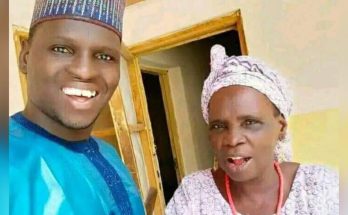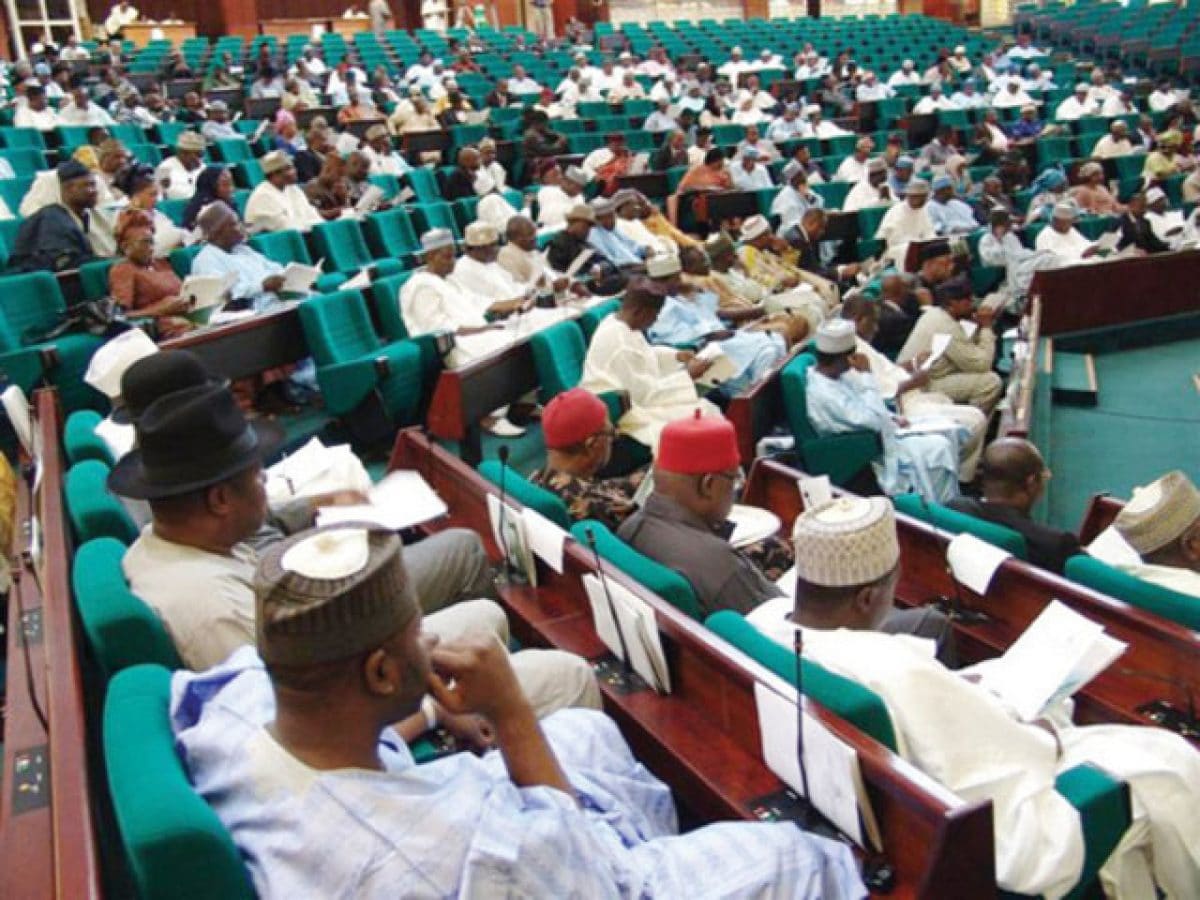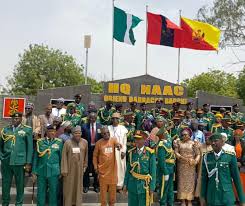Charles Ofoji
It has become crystal-clear that two brand of Nigeria seems to exist. One is the Nigeria as the leaders see it and the other is the Nigeria of mainstream Nigerians.
The Nigeria of ordinary Nigerians is a country where majority of the children go to school on an empty stomach. And when they return from school, the starving child will be sent first to go and hunt for water or firewood so that the mother could boil whatever she was able to grab from the local market. This is the daily agony of most Nigerian children.
In some places in the north, the Nigerian child (labelled Almagiri by the same people who turned him into Almigiri) will first have to beg the whole day under the scourging sun of the North before he would be compensated at night with a miserable meal.
The Nigeria of the majority is a country, where life is nasty, short and brutish. It is a country, where there is break down of law and order – a country where about 300 school girls could be easily kidnapped from their dormitory and taken into captivity by a terror group. Two months after, no one knows where they are; no one knows their circumstances. There are reports that they are raped daily by their captors.
It is a country, where 59 male pupils were butchered in the heart of the night with no protection from the Nigerian state. It is a country, where the populace live at the mercy of a small terror group.
Boko Haram’s unlawful fury cannot be curtailed by a trillion-budget Nigerian military. East Northern villages now live under its whims and caprices. Every night, they choose which village to be wiped out. Often this decision is known to the military, but we live in a country, where a poorly trained and badly equipped army with low morale cannot stop the lawlessness of Boko Haram.
Last week Tuesday, the villages of Goshe, Attagara, Agapalwa and Aganjara in Borno broke the infamous record of the number of Boko Haram causalities. Community leaders put the number of casualties up to 500 when the invincible Boko Haram unleashed its volcanic rage on these communities.
The sad thing is that the army that was told of the impending attack could not save them from their looming death. That is the country, no the geopolitical space, we live in. A country that cannot guarantee security of lives and property, which is the primary duty of a state, cannot actually be called a country.
We live in a country where Nigerian households are covered by a tormenting darkness at night simply because the country with so much gas reserves and abundance of sunshine cannot provide something as simply as light.
We live in a country, where no one state, except Abuja, has a functioning water board which sends water to the households for their water needs.
We live in a country, where malaria is still threatening our children, with government doing nothing to provide a vaccine against this daily killer of Nigerian children. Despite availability of funds, our leaders are unwisely waiting for the West that is not threatened by this disease to spearhead the fight against it.
We live in a country, where mothers watch helplessly their children die because they cannot pay for the card fee at the clinics. We live in a country, where the ruling class prefers to use the instrument of legislation to secure for themselves millions of dollars in insane pensions to using the commonwealth for the general good.
Unfortunately our so-called leaders live in a different country. In their abiding mental illusion, Nigeria is a country that has the hugest economy in Africa, where life is good. I listened, with amazement, President Goodluck Jonathan’s fabricated achievements on Democracy Day.
What further proof do we need to see that our leaders are living in a different kind of country?



